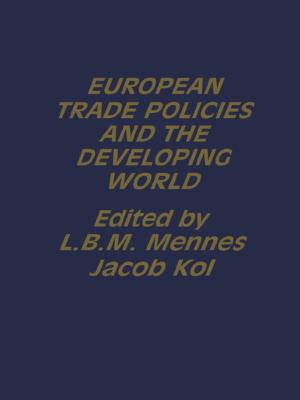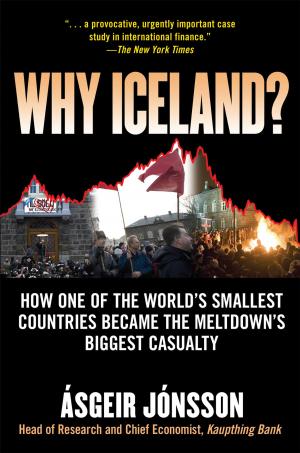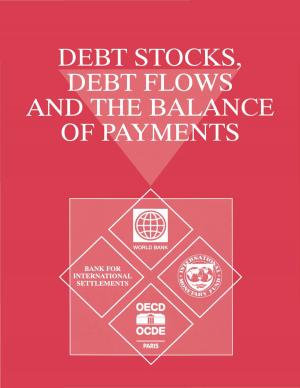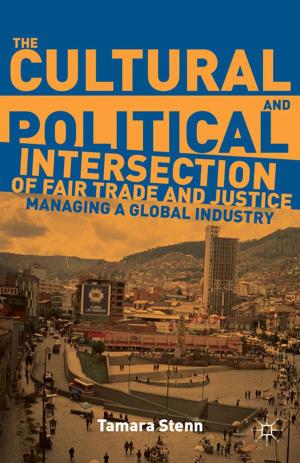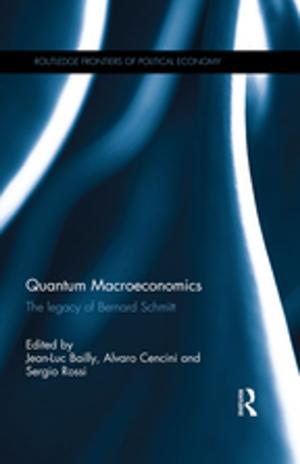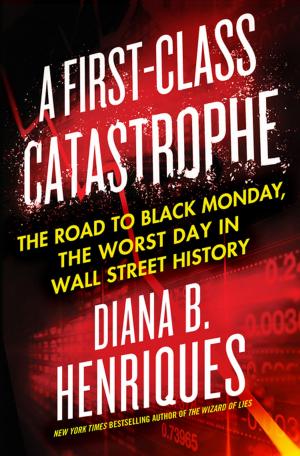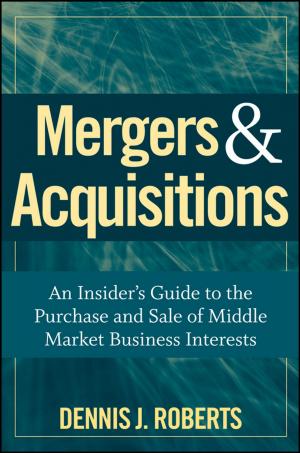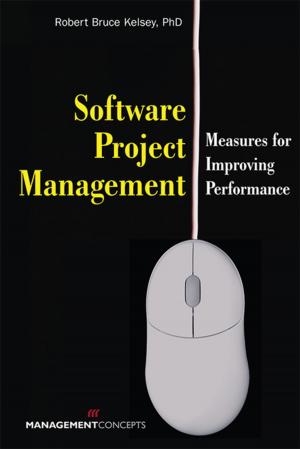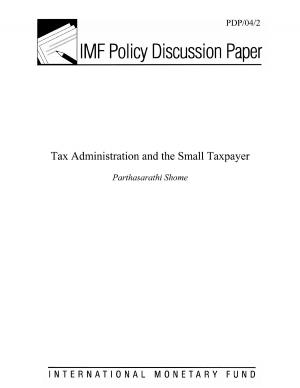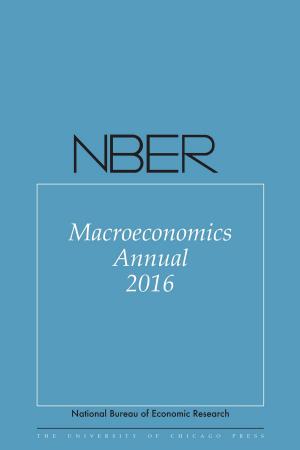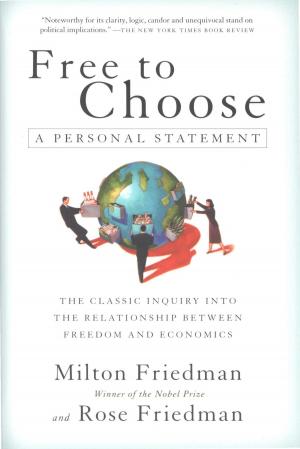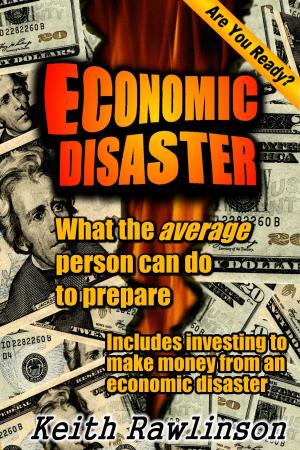Sanity and Public Policy: Separating Truth from Truisms
Nonfiction, Social & Cultural Studies, Political Science, Politics, Economic Policy, Business & Finance, Economics| Author: | Jerry Wyant | ISBN: | 9781311179555 |
| Publisher: | Jerry Wyant | Publication: | December 14, 2013 |
| Imprint: | Smashwords Edition | Language: | English |
| Author: | Jerry Wyant |
| ISBN: | 9781311179555 |
| Publisher: | Jerry Wyant |
| Publication: | December 14, 2013 |
| Imprint: | Smashwords Edition |
| Language: | English |
We live in an era known as “The Age of Information”. It would be more accurate to call it “The Age of Misinformation”. The truth is there for the taking, but in order to find it we must know how to sift through all of the misinformation that surrounds it. How can we distinguish between what is factual, logical, and relevant, when the truth is blended in with so much misinformation?
Do we take the time to research every claim, while at the same time leaving our biases behind while we consider every possibility, conduct a thorough cost and benefit analysis of policy choices, and decide each individual issue on its merits? Is it practical, or even possible, to do so?
Who can we trust to even give us the truth? Many people trust truisms, or simplistic statements that get repeated ad nauseam until the statements create their own truth in people’s minds. Many people play political games with important public policy. Instead of trying to figure out the truth, they simply pick a side in the policy debates, and “root” for that side to win. No matter what the issue is, if the pundits of the side these people root for take a position on an issue, these people will also take the same position, no questions asked and no thorough thought process involved. A reliance on truisms for policy positions, and pundits for information, is the reason why our political culture has become so polarized.
Here is one truth to consider: Advocates of political positions are NOT interested in having people know the whole truth. Their jobs are to convince you to be on their side of issues. The truth is either secondary, or not even considered. Where do you turn to in order to find the truth? Who can you trust?
Can we turn to journalists for the truth? Many of those who pass as journalists today include their biases along with the “facts” in their “news” reports, either overtly or subconsciously. Many of them are not thoroughly knowledgeable in the issues that they cover.
What about economists? There are good reasons why economists can be found to support just about any debatable position. Economists are trained to look at issues in an unbiased manner, and look at all relevant information thoroughly. But too many of them, especially the prominent ones, end up ignoring relevant information once they decide which “side” they support. Economists are human, too. More importantly, economists rely too much on theory and not enough on the real world aspect of issues. Almost all of the study of economics is based on theory. All economic theories are developed from a laboratory-like isolation of variables. This is accomplished through the use of assumptions that do not exist in the real world. Once the assumptions are lifted in order to get to the real world, economists tend to ignore or at least downplay the significance of the original assumptions. The more complex the theory, the more likely it becomes that these original assumptions will be misused in the conclusions. The real world is complex, and data can be found or manipulated to support many positions. Part of the problem for those who care about the truth is to figure out which data is relevant to the conclusions.
Back to the question of “who can you trust”? The only real answer is for you to trust yourself. But how do you determine what is true, and what isn’t? I believe that the truth can only be found by ignoring the theories and the pundits, keeping your eyes and ears open for relevant information regardless of the source, treating each issue on its own merits, and thoroughly and rationally separating the truth from the misinformation. This doesn’t have to be something that is difficult or time-consuming. It takes learning a thought process that focuses on rationality and thoroughness. This book is designed to show how such a thought process works.
We live in an era known as “The Age of Information”. It would be more accurate to call it “The Age of Misinformation”. The truth is there for the taking, but in order to find it we must know how to sift through all of the misinformation that surrounds it. How can we distinguish between what is factual, logical, and relevant, when the truth is blended in with so much misinformation?
Do we take the time to research every claim, while at the same time leaving our biases behind while we consider every possibility, conduct a thorough cost and benefit analysis of policy choices, and decide each individual issue on its merits? Is it practical, or even possible, to do so?
Who can we trust to even give us the truth? Many people trust truisms, or simplistic statements that get repeated ad nauseam until the statements create their own truth in people’s minds. Many people play political games with important public policy. Instead of trying to figure out the truth, they simply pick a side in the policy debates, and “root” for that side to win. No matter what the issue is, if the pundits of the side these people root for take a position on an issue, these people will also take the same position, no questions asked and no thorough thought process involved. A reliance on truisms for policy positions, and pundits for information, is the reason why our political culture has become so polarized.
Here is one truth to consider: Advocates of political positions are NOT interested in having people know the whole truth. Their jobs are to convince you to be on their side of issues. The truth is either secondary, or not even considered. Where do you turn to in order to find the truth? Who can you trust?
Can we turn to journalists for the truth? Many of those who pass as journalists today include their biases along with the “facts” in their “news” reports, either overtly or subconsciously. Many of them are not thoroughly knowledgeable in the issues that they cover.
What about economists? There are good reasons why economists can be found to support just about any debatable position. Economists are trained to look at issues in an unbiased manner, and look at all relevant information thoroughly. But too many of them, especially the prominent ones, end up ignoring relevant information once they decide which “side” they support. Economists are human, too. More importantly, economists rely too much on theory and not enough on the real world aspect of issues. Almost all of the study of economics is based on theory. All economic theories are developed from a laboratory-like isolation of variables. This is accomplished through the use of assumptions that do not exist in the real world. Once the assumptions are lifted in order to get to the real world, economists tend to ignore or at least downplay the significance of the original assumptions. The more complex the theory, the more likely it becomes that these original assumptions will be misused in the conclusions. The real world is complex, and data can be found or manipulated to support many positions. Part of the problem for those who care about the truth is to figure out which data is relevant to the conclusions.
Back to the question of “who can you trust”? The only real answer is for you to trust yourself. But how do you determine what is true, and what isn’t? I believe that the truth can only be found by ignoring the theories and the pundits, keeping your eyes and ears open for relevant information regardless of the source, treating each issue on its own merits, and thoroughly and rationally separating the truth from the misinformation. This doesn’t have to be something that is difficult or time-consuming. It takes learning a thought process that focuses on rationality and thoroughness. This book is designed to show how such a thought process works.

